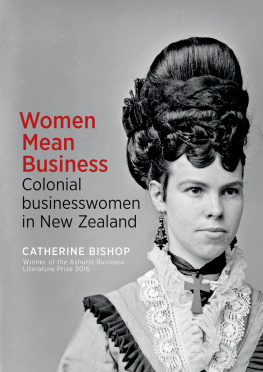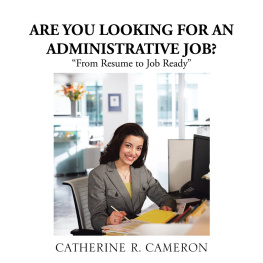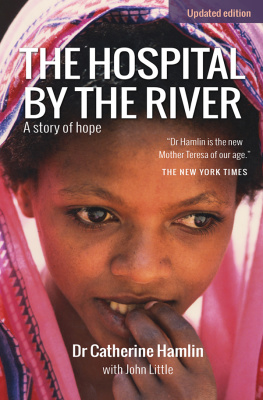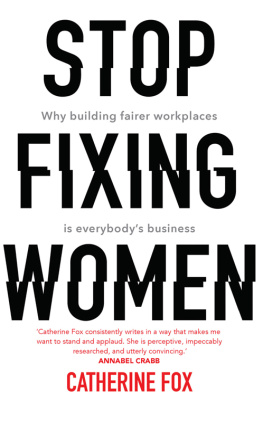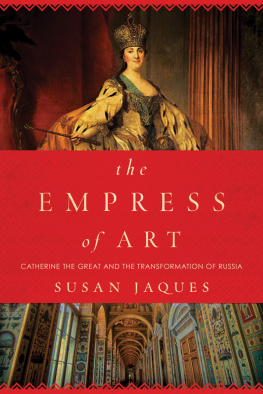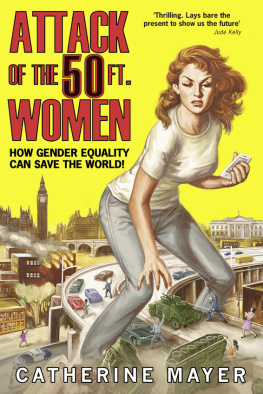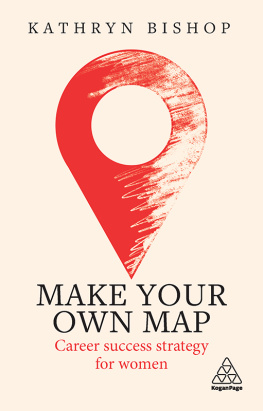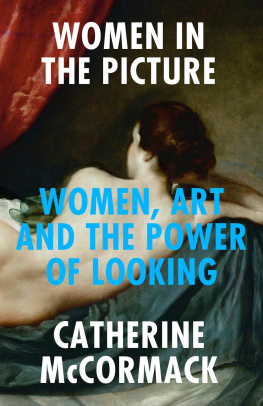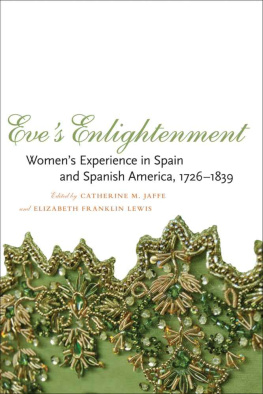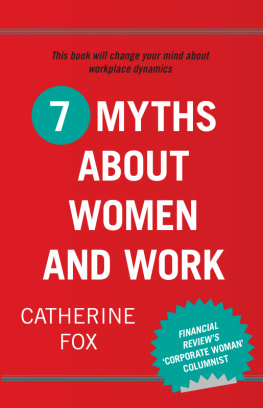Catherine Bishop - Women Mean Business
Here you can read online Catherine Bishop - Women Mean Business full text of the book (entire story) in english for free. Download pdf and epub, get meaning, cover and reviews about this ebook. year: 2019, publisher: Otago University Press, genre: Home and family. Description of the work, (preface) as well as reviews are available. Best literature library LitArk.com created for fans of good reading and offers a wide selection of genres:
Romance novel
Science fiction
Adventure
Detective
Science
History
Home and family
Prose
Art
Politics
Computer
Non-fiction
Religion
Business
Children
Humor
Choose a favorite category and find really read worthwhile books. Enjoy immersion in the world of imagination, feel the emotions of the characters or learn something new for yourself, make an fascinating discovery.
- Book:Women Mean Business
- Author:
- Publisher:Otago University Press
- Genre:
- Year:2019
- Rating:4 / 5
- Favourites:Add to favourites
- Your mark:
- 80
- 1
- 2
- 3
- 4
- 5
Women Mean Business: summary, description and annotation
We offer to read an annotation, description, summary or preface (depends on what the author of the book "Women Mean Business" wrote himself). If you haven't found the necessary information about the book — write in the comments, we will try to find it.
Women Mean Business — read online for free the complete book (whole text) full work
Below is the text of the book, divided by pages. System saving the place of the last page read, allows you to conveniently read the book "Women Mean Business" online for free, without having to search again every time where you left off. Put a bookmark, and you can go to the page where you finished reading at any time.
Font size:
Interval:
Bookmark:



For my mother Janet, who, I have learned, should never be underestimated.
Published by Otago University Press
Te Whare T o Te Wnanga o tkou
Level 1, 398 Cumberland Street
Dunedin, New Zealand
www.otago.ac.nz/press
First published
Copyright Catherine Bishop
The moral rights of the author have been asserted.
ISBN 978-1-98-853176-2 (print)
ISBN 978-1-98-859271-8 (epub)
ISBN 978-1-98-859272-5 (Kindle mobi)
ISBN 978-1-98-859273-2 (ePDF)
A catalogue record for this book is available from the National Library of New Zealand. This book is copyright. Except for the purpose of fair review, no part may be stored or transmitted in any form or by any means, electronic or mechanical, including recording or storage in any information retrieval system, without permission in writing from the publishers. No reproduction may be made, whether by photocopying or by any other means, unless a licence has been obtained from the publisher.
Published with the assistance of Creative New Zealand

Editor: Anna Rogers
Index: Barbara Frame
Design/layout: Fiona Moffat
Author photograph: Jesse Taylor
Front cover: Mima Pitto probably wore a simpler hairstyle when working in her business. A straw-bonnet maker and dressmaker in Whanganui from the age of 17, she invested in business and property in Wellington after her marriage to John Pollock. Miss Mima (Jemima) Potto. Harding, William James, 18261899: Negatives of Whanganui district, Alexander Turnbull Library, 1/4-008879-G. Back cover: From left: Josephine Liardet; Makareti Papakura, Guide Maggie; one of the Misses Jay. Michelle Park Private Collection, Alexander Turnbull Library, PA1-q-012-39-2, Nelson Provincial Museum 10610
Ebook conversion 2020 by meBooks
Contents
Acknowledgements
This book started life as one half of a PhD at the Australian National University, and would never have made it into print without the assistance of numerous people and institutions. I would like to thank my PhD supervisory panel led by the incomparable Angela Woollacott, and including Desley Deacon and Melanie Nolan. Thanks too to my thesis examiners Grace Karskens, Patricia Grimshaw and Barbara Brookes, who encouraged me to publish. My project was made possible by an ANU College of Arts and Social Sciences PhD scholarship and a New Zealand History Research Trust award from the Ministry for Culture and Heritage.
I also wish to thank Phillipa McGuinness of NewSouth Publishing who selected the other half of my PhD, on Sydney, for my first book. That allowed me to expand my scope to the whole of New Zealand and add considerable new research for Women Mean Business.
Staff at numerous archives and libraries in New Zealand and overseas are often the unsung heroes of historical research, and my debt to them is great. Historians around New Zealand and beyond also responded generously to my queries, providing information, copying archives and reading chapters. I am grateful to Pauline Weeks who promoted my project in the New Zealand Genealogist . As a result a number of family historians, whose work is so often underappreciated, kindly shared their research with me. Many of them, and others to whom I appealed, are acknowledged in the endnotes associated with particular stories.
I would also like to thank the following, with apologies to any I have inevitably left off this list, which spans 10 years since the start of my PhD project: Barbara Allen, Heather and Dave Arnold, Trevor Bentley, Sandi Black, Simon Bloor, Bettina Bradbury, Carol Byfield, Lloyd Carpenter, Jocelyn Chalmers, Nick Chin, Alison Clarke, Jenny Coleman, Martin Collett, Janice Cook, Kyle Dalton, Raewyn Dalziel, Gary Danvers, Kate DeCourcy, Raeone Dellaca, Stephen Donaldson, Rachel Fenton, Lynley Fowler, Lyndon Fraser, Darryl Gallagher, Keith Giles, Robyn Gosset, Martyn Goundry, Charlotte Greenhalgh, Adrian Humphris, Kate Hunter, Susan Ingalls-Lewis, Chris Johansen, Jenny Robin Jones, Ellen Jordan, Chris Maclean, Sarah Maclean, Jim McAloon, Linda McGregor, Russell McGregor, Jane Malthus, Kate Matthews, Hugo Manson, Tricia Meehan, Anna Monsoon, Clare Natoli, Heather Newby, Maureen OConnor, the late Gordon Ogilvie, Helen Pannett, Hazel Petrie, Katie Pickles, Ian Pool, Sandra Quick, Rebecca Reid, Ben Schrader, Jessie Bray Sharpin, Laurel Stowell, Lisa Truttman, Susan Upton, Angela Wanhalla, Jeanette Ware, Peter Warnock, Lydia Weaver, Alexa Whaley, Cynthia White, Gareth Winter and Stephanie Wyse. I am also grateful to the anonymous reviewers of the manuscript who engaged so helpfully with various drafts. Clearly history is always a collaborative enterprise, and much more rewarding as a result.
I have thoroughly enjoyed working with the fabulous team at Otago University Press. I would like to thank Vanessa Manhire, Rachel Scott, Anna Rogers, Imogen Coxhead, Barbara Frame, Fiona Moffat and Victor Billot. Together they formed a Department of Magic and transformed my manuscript into a real live book.
Finally, I would like to thank my mother Janet Bishop, who has been an excellent research assistant and publicist; my daughters, who were forbearing of my unaccountable fascination with long-dead businesswomen; and my partner Richard White, who once again read, commented, encouraged and cared.

S.P. James and Son at the Q.C.E., all five initialsconfusing the public.
Daily Southern Cross, 16 March 1863
Auckland would soon become familiar with the letters Q.C.E. By 1863 S.P. James & Son, wine and spirit merchants and proprietors of the Q.C.E. Auckland Luncheon Larder, were well known.
Whats in a name? The letters Q.C.E. might have caused consternation in 1859 but what about S.P. James? Behind the anonymity of seemingly masculine initials was the exotically named Sophia Paris James. She inherited the enterprise from her husband, Lewis, when he died unexpectedly in 1861, aged 47. Instead of handing it to her sons, Sophia took the helm and the business expanded. With her oldest son, Lewis Rose James, she opened a wholesale liquor store on the other side of Shortland Street, while her second son, Duncan, managed another business in Mangapai, Northland. Sophia bought a large house on the Auckland foreshore and the trio took out second mortgages on all their properties to build a new hotel further up Shortland Street. But in February 1865 a fire swept through the street, destroying the almost complete hotel and bankrupting the James family. Sophia retired from business and moved to Wellington to live with her widowed daughter, who ran a boarding house popular with members of parliament. Lewis junior struggled on, opening another hotel, also called Q.C.E., but was again insolvent in 1871, perhaps missing his mothers guiding hand.
Although the use of her initials obscures Sophia James activity as a business-woman in the historical record, everyone in 1860s Auckland would have known her business and her sex. And few eyebrows would have been raised, for she was not alone. Strolling through the streets of any town in New Zealand in these years one would have been hard pressed to
Next pageFont size:
Interval:
Bookmark:
Similar books «Women Mean Business»
Look at similar books to Women Mean Business. We have selected literature similar in name and meaning in the hope of providing readers with more options to find new, interesting, not yet read works.
Discussion, reviews of the book Women Mean Business and just readers' own opinions. Leave your comments, write what you think about the work, its meaning or the main characters. Specify what exactly you liked and what you didn't like, and why you think so.

